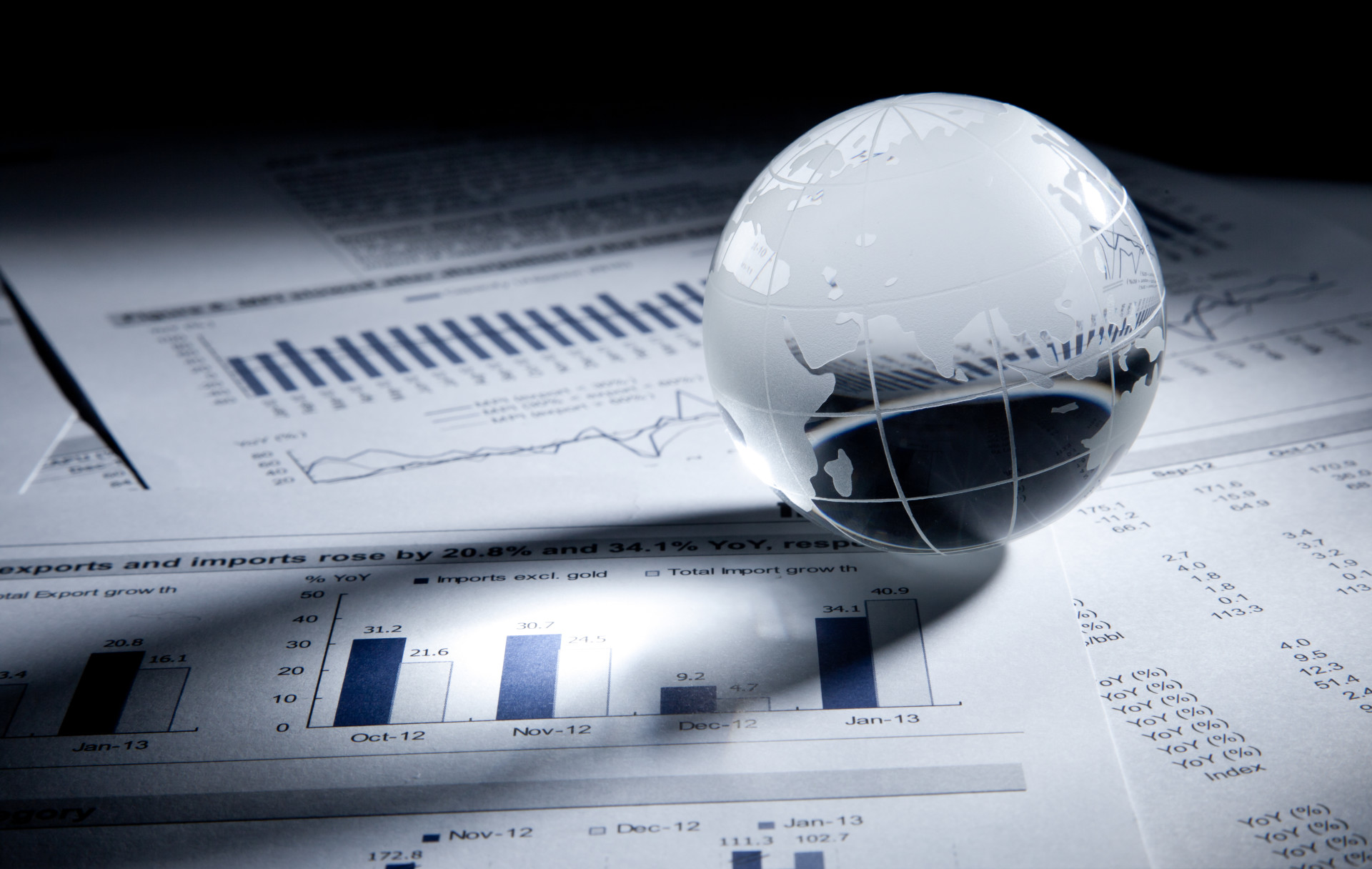Learn About Gross National Product: Definition and Formula for Calculating GNP
Written by MasterClass
Last updated: Oct 12, 2022 • 3 min read
There are a variety of ways to calculate the national income of a country, all of which attempt to determine the total market value of all goods and services produced in a country over a specific period of time.
One method for measuring national income is the gross national product—or GNP.
Learn From the Best
What Is Gross National Product?
Gross national product is the value of all income produced by a country’s citizens and citizen-run businesses, regardless of whether they’re living in the country or outside of it. GNP does not include any income produced by foreign residents or businesses run by foreign residents, even if that income was produced in the country.
For GNP, this “income produced” primarily means goods and services, but also includes investments, taxes, and even the provision of services such as education and healthcare.
One caveat in the value of goods and services is that only “final goods” are counted, to avoid double-counting items. For example, the value of watermelon from a farm may be $5, then $10 at the grocery store. In this example, the watermelon’s “final good” value is $10.
How Do You Calculate GNP?
To calculate GNP for any country, the following formula is used:
GNP = C + I + G + X + Z
In this formula:
- Consumption (C). This is the value of all goods and services acquired and consumed by the country’s households. Consumption is the largest variable in GNP.
- Investment (I). This is any domestic capital spending by a country’s citizen-run businesses.
- Government spending (G). This is all consumption and investments made by the government.
- Net exports (X). This is the country’s exports minus the country’s imports. In order for this number to increase GNP, a country needs to export more than it imports.
- Net income (Z). This is net income coming in from overseas minus net income leaving to foreign countries. Another way of looking at it is net income earned by the country’s citizens from overseas investments minus net income earned by non-citizens from domestic investments. In order for this number to increase GNP, a country needs to have more income coming in than leaving.
What Does Gross National Product Tell Us About the Economy?
The gross national product tells analysts and economists if and how a country’s citizens are contributing to a country’s economy. GNP is also is a strong indicator of the effects of international trade on a country’s economy.
Of course, GNP isn’t the only way to calculate a country’s economic activity, and in the early 1990s, both the World Bank (a prominent financial institution that collects national accounting data) and the United States stopped using GNP as the primary measure of the economy.
The World Bank opted for a slightly modified calculation of GNP called gross national income, or GNI, while the U.S. instead implemented a different measure of the country’s national income: GDP, or gross domestic product.
What Is the Difference Between Gross National Product and Gross Domestic Product?
The major difference between GDP and GNP is how each calculates national income: while GNP factors in the sum of all income produced by a country’s citizens, regardless of location, GDP factors in all income produced by a country’s residents within its geographical borders and does not take citizenship into account.
- GDP is the most common calculation for countries’ economic activity because it calculates total economic activity in a country, rather than just the activity from the country’s citizens.
- GDP is used as a strong indicator of a country’s economic well-being because it indicates economic growth or shrinkage from year to year. With this data, analysts can determine growth rates and policymakers can propose policies to bolster national economies.
- The World Bank calculates and publishes countries’ GDPs every year for public use. The U.S.’s GDP is further calculated and tracked every year by the U.S. Bureau of Economic Analysis.
Want to Learn More About Economics and Business?
Learning to think like an economist takes time and practice. For Nobel Prize-winner Paul Krugman, economics is not a set of answers—it’s a way of understanding the world. In Paul Krugman’s MasterClass on economics and society, he talks about the principles that shape political and social issues, including access to health care, the tax debate, globalization, and political polarization.
Want to learn more about economics? The MasterClass Annual Membership provides exclusive video lessons from master economists and strategists, like Paul Krugman.
